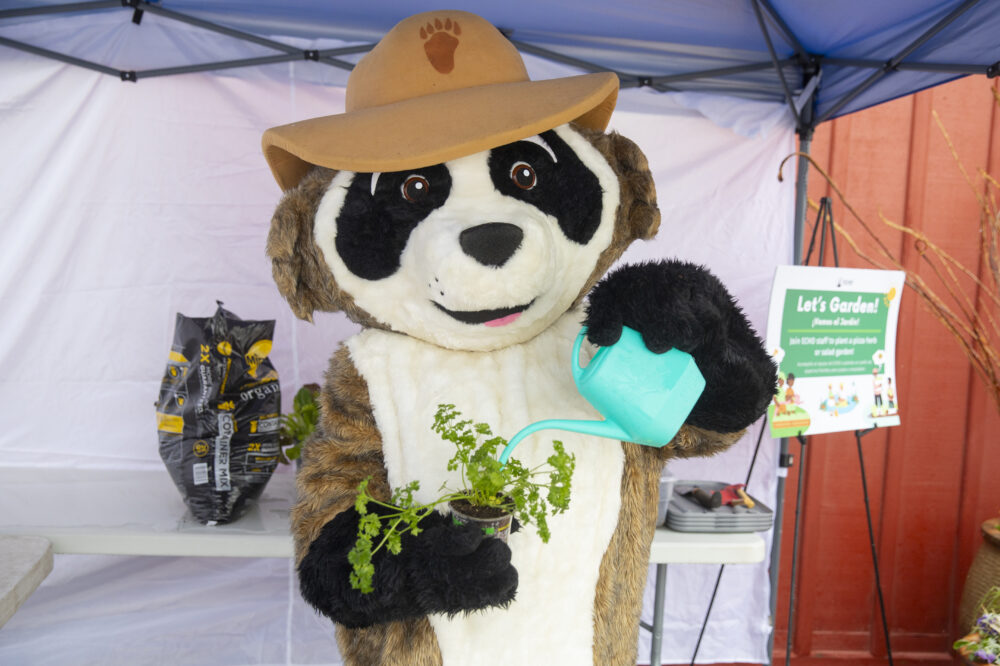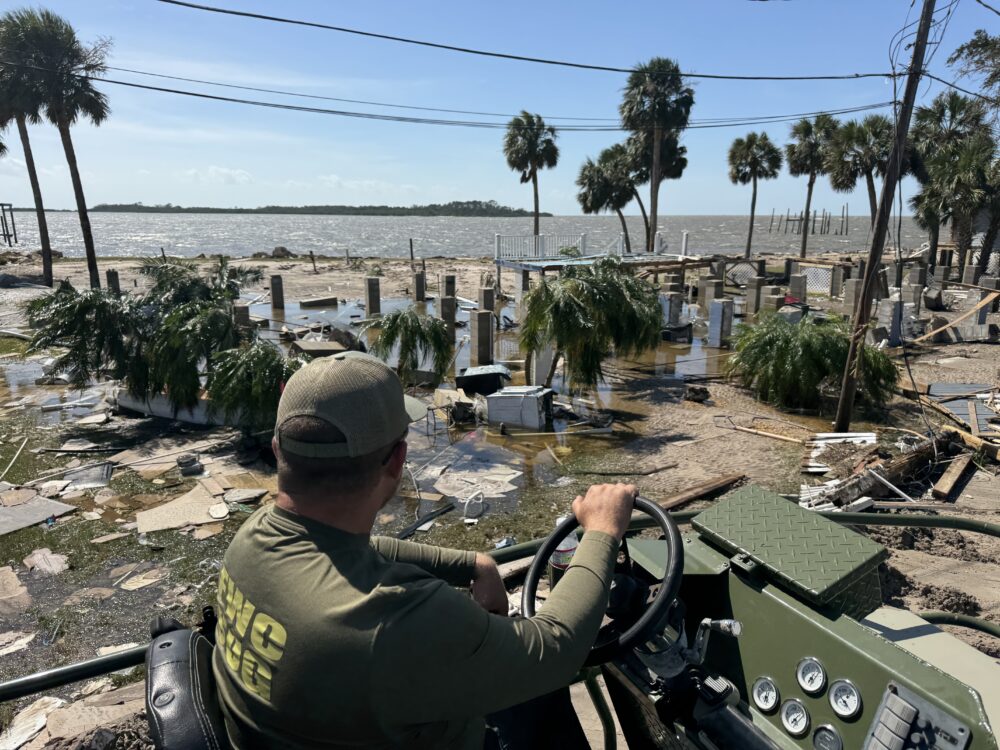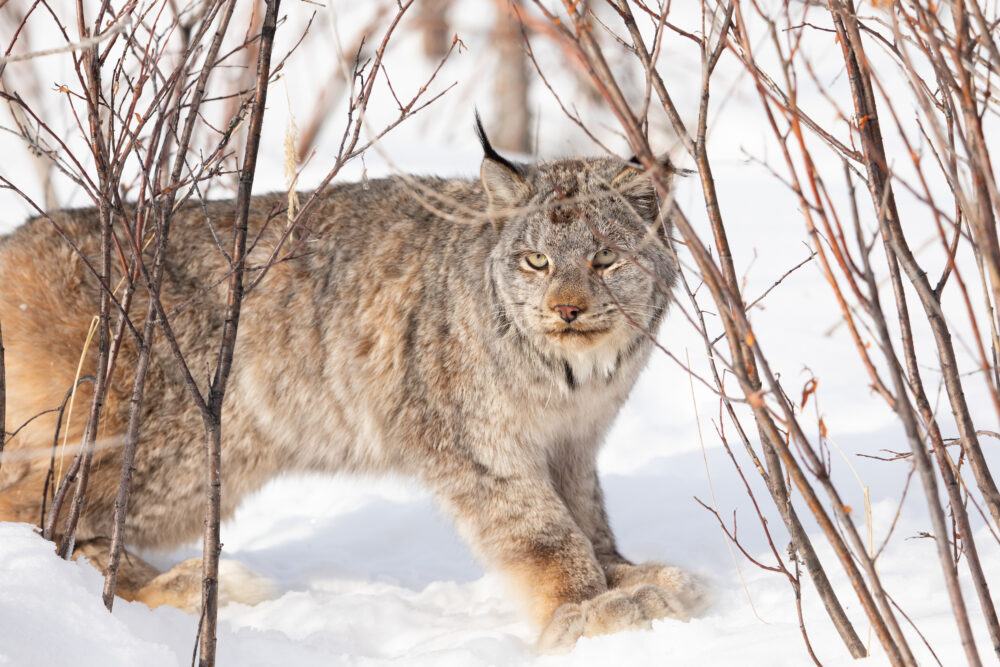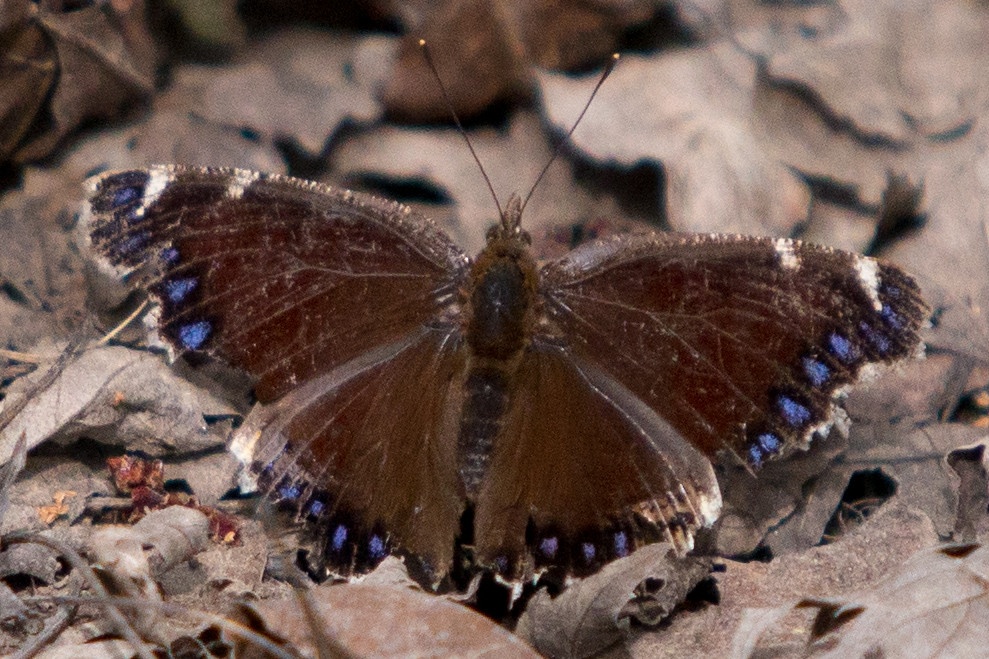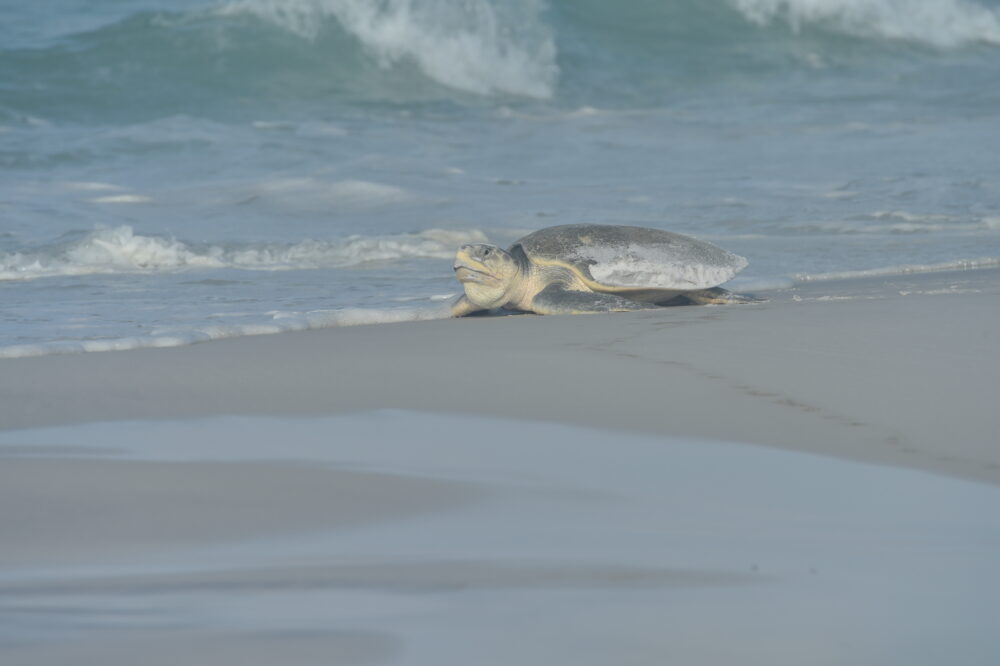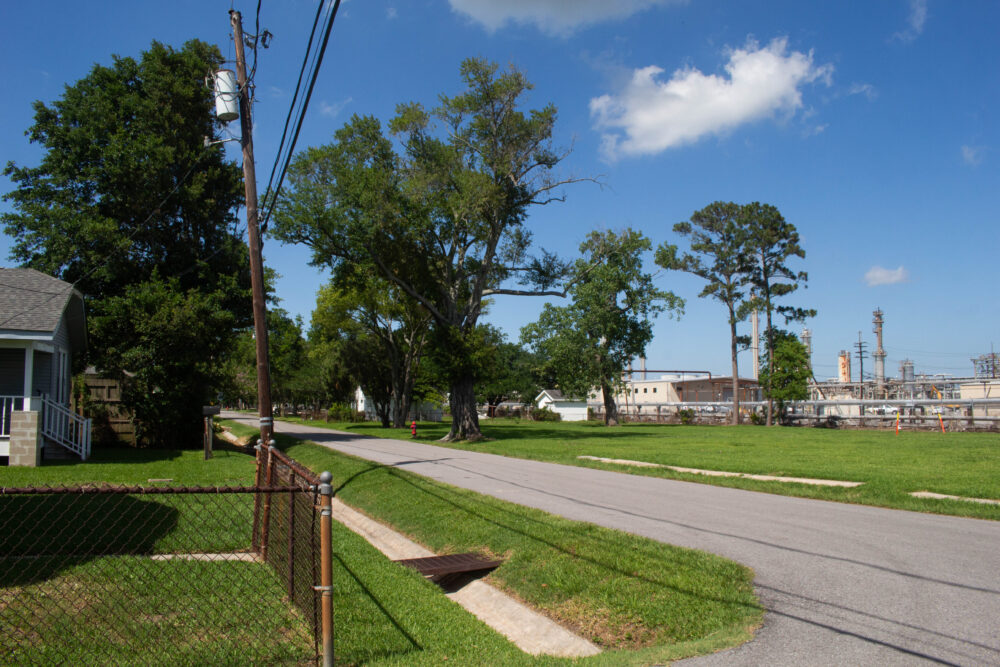We have much more to do and your continued support is needed now more than ever.
U.S. Senate Attempts to Sacrifice Clean Air Act Protections
Groups including the National Wildlife Federation are urging the U.S. Senate to reject rolling back Clean Air Act protections in the Consumer and Fuel Retailer Choice Act (S. 517), a bill that would to allow higher-content ethanol gasoline to be sold year-round throughout the U.S at the expense of public health.
David DeGennaro, agriculture policy specialist with the National Wildlife Federation, had this to say about the bill: “It’s is a bad idea, end of story. Congress needs to reject weakening Clean Air Act protections and reject providing further incentives to expand ethanol production, which has been a complete disaster for our drinking water, public health, wildlife, and economy. Instead, Congress can roll up its sleeves to work on common-sense reforms that work for family farmers and help us move forward on our clean fuel goals the right way.”
Groups sent the following letter to U.S. senators, asking them to oppose the bill.
ActionAid USA — Alaska Wilderness League — Clean Air Task Force — Center for
Biological Diversity — Earth Action, Inc. — Earthjustice — Friends of the Earth — Mighty
Earth — National Wildlife Federation — Physicians for Social Responsibility — Rachel
Carson Council — Safe Climate Campaign — Sierra Club — West Harlem Environmental
Action, Inc.
June 12, 2017
Dear Senators,
We write today on the behalf of our millions of supporters and members urging you to strongly oppose any attempt to expand the use of E15 (E15 is a mixture of 85% gasoline and 15% ethanol) during the ozone season. Increasing the proportion of ethanol in gasoline during the summer months can lead to more ozone pollution that will cause more smog in our communities. Ground-level ozone impairs lung functioning and contributes to increased incidences of asthma and other lung diseases, especially among children and the elderly.
While the ethanol industry sees this waiver as an opportunity to sell more of its product, it is really a debate about clean air and human health. The Environmental Protection Agency currently limits the use of ethanol during the summer precisely because of ethanol’s greater emission of smog-forming compounds. These compounds make the air harder to breathe, are potentially carcinogenic, and have real impact on the people’s lives. Waiving clean air standards at the behest of one favored industry would not only set a precedent for bad policy, it could cost lives.
The push for E15 has no basis in science and would do additional harm to our air, water, and land beyond increased ozone. Already, increased use of corn ethanol across the country has contributed to the conversion of more than 7 million acres of grassland and other habitats into crop productions, and has worsened water quality through additional polluted farm runoff. Moreover, according to the National Research Council, EPA data show corn ethanol “to have life-cycle GHG emissions higher than gasoline in 2012 or 2017 unless it is produced in a biorefinery that uses biomass as a heat source”
(NRC 2011.) Increased production of corn ethanol—a likely outcome if E15 use is allowed year-round—would exacerbate these existing problems.
Now is not the time to increase the usage of E15 in our fuel supply, given that a shift to higher ethanol blends can exacerbate smog formation. Too many cities across the country already suffer from bad air days due to increased ground-level ozone.
We strongly urge you to reject any attempt to allow the year-round use of higher ethanol blends.
Sincerely,
ActionAid USA
Alaska Wilderness League
Clean Air Task Force
Center for Biological Diversity
Earth Action, Inc.
Earthjustice
Friends of the Earth
Mighty Earth
National Wildlife Federation
Physicians for Social Responsibility
Rachel Carson Council
Safe Climate Campaign
Sierra Club
West Harlem Environmental Action, Inc.
If you care about bringing back a vanishing North American wildlife species, add your voice calling for a stop to the destruction of our scarce, remaining grasslands.







